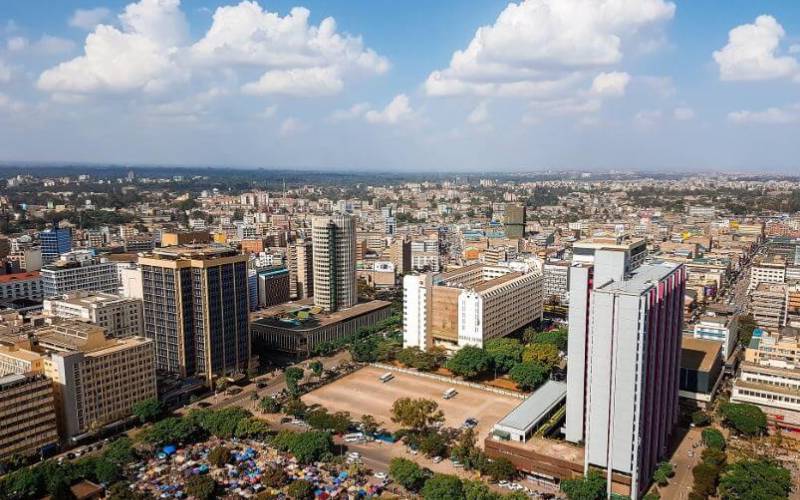
If cities are the lifeblood of engagements between countries, then the case of Nairobi and cities such as New York, Chicago and Los Angeles is instructive. For instance, many Nairobians have relatives or acquaintances pursuing academic, economic, and educational careers in the American cities. The Kenyan diaspora remittances are principally facilitated through financial institutions based in Nairobi.
Globalisation is such that one city is linked to other cities across trade and economics, security, environment, migration, culture, health and multilateralism. These global factors are at play in Nairobi in a manner that makes it a truly “global city” as multiple state and non-state linkages with American cities demonstrate.